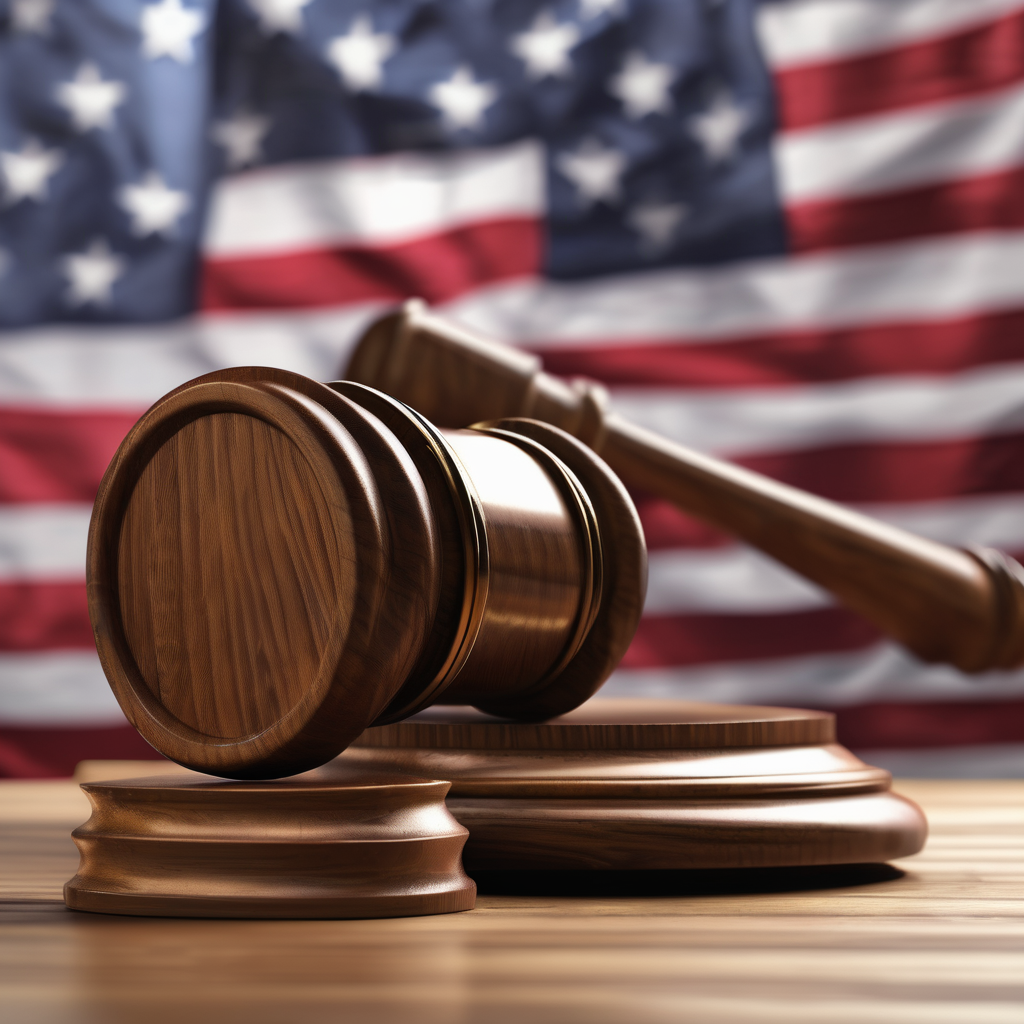A federal judge issued a ruling on Tuesday declaring that Sigal Chattah, the interim U.S. attorney for Nevada, is not legally serving in her role, marking a significant legal precedent and a notable challenge to practices established during the Trump administration. Chattah was appointed to her position in March, which is designated as a temporary role limited to 120 days. As the expiration of her term approached in July, the Justice Department moved her to a different position, allowing her to continue leading the office as acting U.S. attorney.
This action was challenged by four criminal defendants, who contended that the Justice Department’s maneuver left Chattah serving illegally. U.S. District Judge David Campbell sided with the defendants, barring Chattah from overseeing their cases but did not dismiss the indictments against them.
Central to this ruling is the Federal Vacancies Reform Act, which mandates that when the U.S. attorney position becomes vacant, the first assistant U.S. attorney, typically a senior career prosecutor, should automatically assume the role. Judge Campbell asserted that the Justice Department’s actions to designate Chattah as first assistant U.S. attorney to facilitate her continued service in an acting capacity were not legally justifiable. He stated, “The Court cannot accept the government’s assertion that the Attorney General has power to designate anyone she chooses as first assistant and have that person become the acting U.S. Attorney,” emphasizing the intent of the law to prevent such executive overreach.
Moreover, the judge clarified that overseeing criminal cases cannot be delegated to Chattah, as her position is considered that of an acting U.S. attorney, which she is not legitimately authorized to hold. CBS News has sought comments from the Justice Department regarding the ruling.
This development comes on the heels of a similar situation where another judge ruled that Alina Habba, former President Trump’s personal attorney, was also unlawfully serving as acting U.S. attorney in New Jersey. Together, these rulings raise questions about the tenure of federal prosecutors under the Trump administration, which has faced criticism for attempting to retain federal attorneys in temporary positions for extended periods. Many critics argue that these strategies are intended to bypass the Senate confirmation process and compromise the independence of the judiciary.
The current ruling not only establishes important legal precedents but also highlights the ongoing scrutiny of federal appointments, reinforcing the significance of adhering to established laws in these vital roles. This emphasizes the judiciary’s role in maintaining checks and balances within the federal government, ultimately promoting a more transparent and accountable legal framework.
